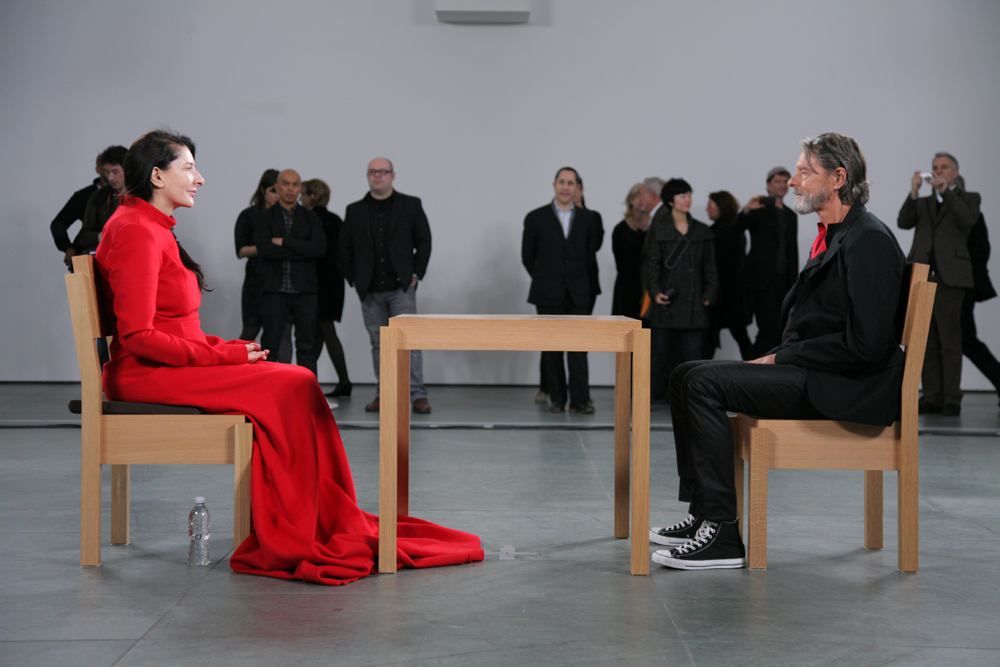
This module enables BA Drama/BA Drama and Literature students to explore contemporary trends in British and international interactive theatre and performance making. Students will develop an understanding of a range of participatory performance forms through examination and discussion of the recent work of key contemporary practitioners, and through practical work exploring emerging approaches and concerns.
Themes for exploration will include examining the ethics of participation and the face-to-face encounter, engagement with technologies that prompt interaction, interrogating the techniques of the invitation to the audience and analysing different descriptors/conceptualisations of the theatre spectator and the value judgements that they introduce (e.g. 'audience', 'spectator', 'spect-actor', 'beholder', 'voyeur', 'witness', 're-enactor', 'player', 'immersant', 'mob' etc.).
Adjacent to an exploration of these themes in practice, this course will cultivate a theoretical awareness of the politics of audience participation, agency and labour. This interdisciplinary area of enquiry will overlap with key debates that have emerged in fine art, installations and 'relational aesthetics' concerning the shaping of live experiences that are completed by the involvement of unrehearsed participants.
The course is divided into two main parts: In the first half of term, the students will examine different case studies and encounter a range of approaches to interactive theatre making. In the second half of the course, students will devise - independently but with supervision and support - a 15-20 minute performance inspired by their research and performed for their peers.
Aims
- To develop a knowledge of a range of creative and critical methods and approaches to interactive performance-making
- To develop an understanding of relevant theories concerning the politics, agency, and ethics of participatory spectatorship
- To gain an understanding of the relationships between process and product in different performance work
- To develop organisational, improvisational, workshop and group working skills
Learning Outcomes
By the end of this course, student will have had opportunities to gain:
1. the ability to appreciate, engage critically, and develop work creatively, in a variety of theatre and performance modes, forms, and genres
2. an understanding of processes by which performances are created
3. an understanding of how different participatory forms engage with theory in audience reception and spectatorship
4. experience of engaging in performance-making, based on an acquisition and understanding of appropriate creative vocabularies, skills, structures, and working methods
5. the ability to work collaboratively, sharing responsibility, delegating, and, where appropriate, leading teams
6. skills in project management